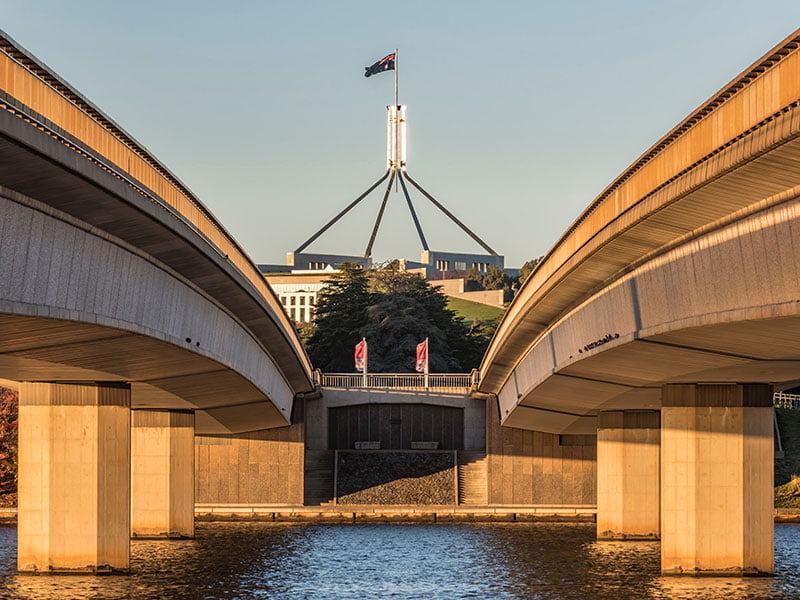The federal government still can’t appoint a full National Data Commissioner as a statutory role or get its data strategy off the ground due to a failure to get landmark data-sharing reforms through the Parliament this year.
The Coalition did not bring its Data Availability and Transparency Act (DATA) for debate in Parliament this year after it was introduced in December 2020, after the Opposition signalled it would vote against the bill.
It now only has seven sitting days next year before a likely May election to pass the significant reforms.
The legislation has been in the works for nearly four years, and has been before Parliament for more than 12 months.

The development of the scheme has been overseen by a National Data Commissioner, but this role has been in a designate capacity for the last three years as they will be a statutory office holder and require the legislation to be passed to be established.
Ms Anton finished in the role last week and has been replaced by Gayle Milnes, who is the new National Data Commissioner Designate.
The federal government unveiled its data strategy this week, which relies heavily on the DATA legislation passing Parliament.
The reforms apply to all data held by public sector agencies and departments.
It provides a “new path” for the sharing of data which is currently blocked by secrecy provisions, and will lead to more identifiable data being shared among agencies and departments, and de-identified data shared with universities and think tanks.
Consent will be required for the sharing of this data unless it is “unreasonable or impracticable to obtain”.
The plan was slammed by a number of human rights and civil liberties groups and legal organisations.
The NSW Civil Liberties Council said the legislation is “fundamentally flawed and violates community expectations” and could enable “the robodebt scenario in an accelerated form”, while Digital Rights Watch said it “threatens to further erode” the legislative privacy protections for Australians.
The federal Opposition echoed many of these concerns when it revealed it would not be supporting the bill early this year as part of a Senate report into the legislation. Labor said it is “deeply flawed” and would undermine current privacy protections.
Without support from the Opposition, the government did not bring on the bill for debate across the entire year, and it will remain in Parliament over the Summer break.
This means the government is unable to properly establish the National Data Commissioner as a statutory office holder, and get its data strategy off the ground.
According to the National Data Commissioner, the government had previously been “keen to progress the bill in the Parliament this year”. But in a post this month, they said that debate on it is now expected to resume next year at some point.
Labor has said that the data-sharing regulatory structure is “weak, poorly designed and subject to abuse”.
“While there is a clear need for an effective scheme for the management and regulation of public data, and clear public benefits from using such data, the measures outlined in this bill do not represent a proportionate means of achieving that objective,” the Opposition said.
“This bill violates community standards about the protection of private data and, if passed, would erode public trust in the government’s ability to protect the privacy of its citizens.”
Despite government Senators recommending the bill be passed with some minor amendments, it is yet to be debated in the upper house.
A revamped public sector data-sharing scheme was recommended by the Productivity Commissioner in 2017, and the government has been consulting on the scheme since mid-2018.
This process has already cost $20.5 million, with a further $11.1 million set aside over four years from 2020 for its implementation.
Earlier this year it was revealed that the government had only agreed to three of the 13 recommendations from a privacy impact assessment of the legislation, which found the overall risks of new data sharing schemes are “potentially high” with a “very wide” range of information in play.
Do you know more? Contact James Riley via Email.

